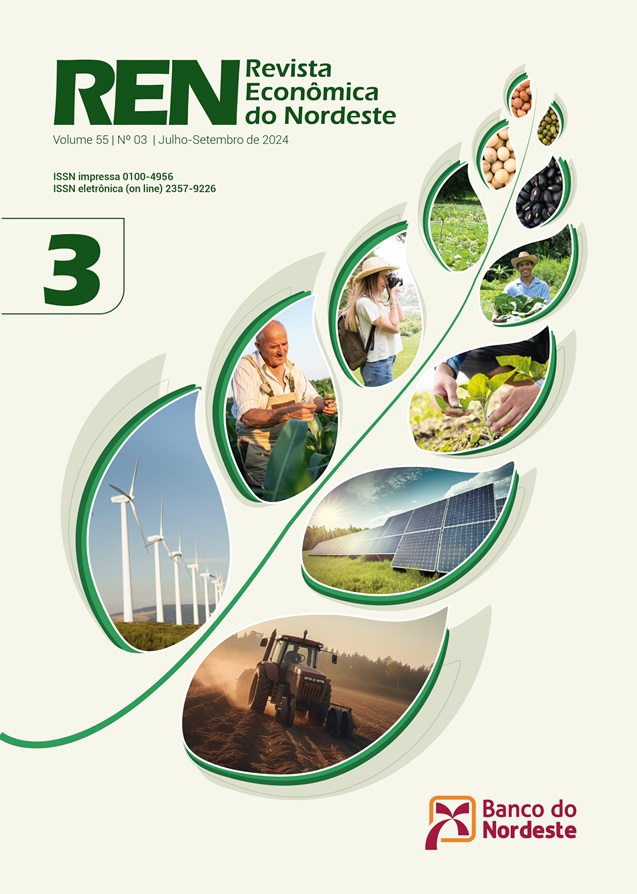NON-OPERATING PROFITS IN THE BRAZILIAN HIGHER EDUCATION SECTOR: INTERFERENCE IN DIVIDEND POLICY?
DOI:
https://doi.org/10.61673/ren.2024.1555Resumen
The aim of this work is to seek a correlation between non-operating profits and the dividend distribution policy by publicly traded companies in the Brazilian education sector through their respective payouts. Publicly traded companies listed on the B3 education sector were selected and analyzed with the other companies listed on the B3 and among them. The time period covered was from January 2, 2017 to December 31, 2020. The variables studied were: payout and non-operating gross profit, in addition to yield and share price variation. The results of this study, by showing that publicly traded companies in the educational sector have higher non-operating profits than other companies listed on B3, can be justified by asset sales, given the mergers and acquisitions in the sector. Furthermore, this realignment could also justify the intra-sector analysis, where the payout of these companies was lower in those where the non-operating profit was higher. These results, in addition to expressing the rejection of null hypotheses, show how similar private higher education companies have become to other publicly traded companies registered at B3 in terms of payout, yield and share price variation. This may show that university autonomy also meant the commodification of education.
Descargas
Descargas
Publicado
Cómo citar
Número
Sección
Licencia
Derechos de autor 2023 Revista Econômica do Nordeste

Esta obra está bajo una licencia internacional Creative Commons Atribución 4.0.








